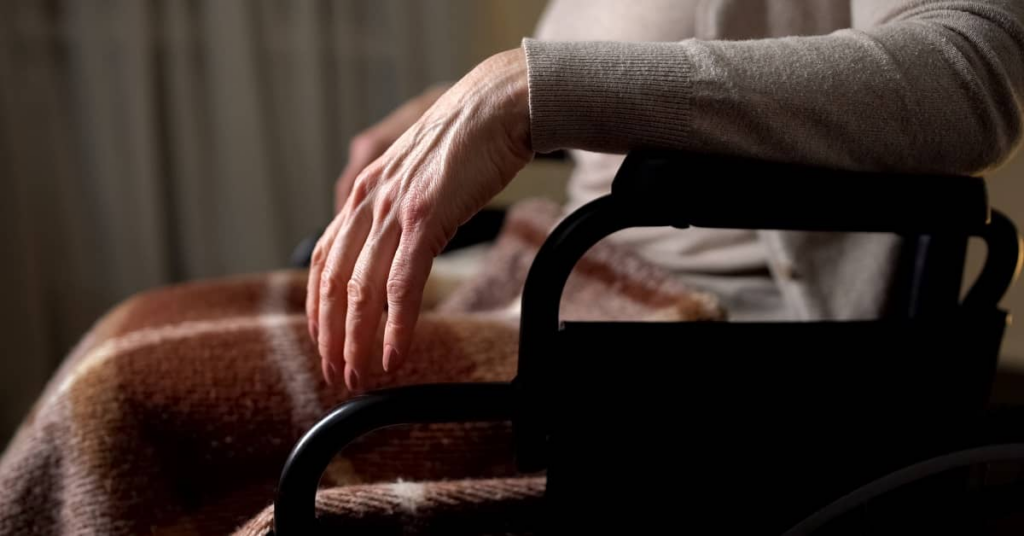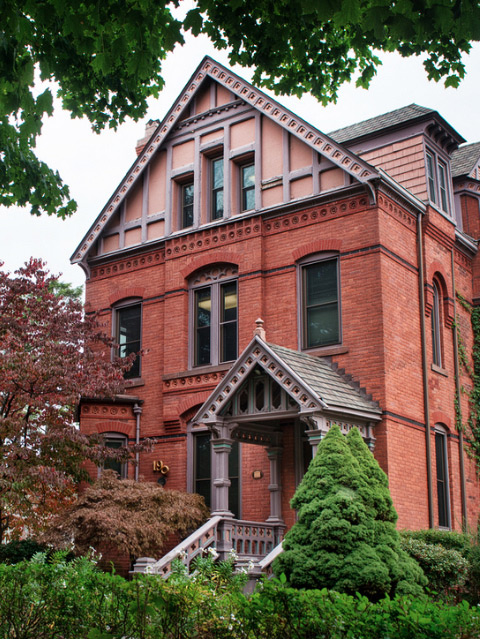
You and your family did the research. After countless hours and a lot of soul searching, you feel reasonably confident that you found a safe and reputable nursing home to care for your aging family member.
Careful selection of the facility is the best defense against nursing home abuse before a loved one is admitted. However, it is also important to stay vigilant once your relative is a resident.
The unfortunate reality is that residents are always vulnerable to nursing home abuse and neglect. Active involvement on the part of loved ones is imperative for reducing the likelihood that a senior will come to harm.
Who Can Help Prevent Nursing Home Abuse?
In Connecticut, approximately 35,000 people reside in nursing homes and other facilities throughout the state. Although residents and their families rely on the staff to provide quality care, statistics show consistent issues related to abuse and neglect.
The most recent annual report by the Long-Term Care Ombudsman Program revealed that nearly 3,500 complaints were filed in one year against nursing homes and other long-term care facilities in Connecticut. Most complaints centered on violations of residents’ rights, concerns about care, and quality of life issues.
Family and friends represent a major source of complaints leveled against nursing homes. This trend exemplifies the important role loved ones and those closest to residents have in protecting the elderly from nursing home abuse and neglect – as well as their ability to help prevent such tragic incidents in the first place.
How Can I Keep My Loved One from Being Abused?
If you have a loved one in a nursing home, here are 3 crucial steps you can take to keep them safe from abuse and neglect:
1. Visit Often
Being an active part of elderly loved ones’ lives is essential for their well-being. If your relative lives in a nursing home, regular visits can also help you ensure that he or she is not being ignored or mistreated.
In addition to spending quality time with your loved one, you should do the following each time you are at the nursing home:
- Be aware of any changes in your loved one’s health, hygiene, behavior, and appearance
- Look for visible injuries, such as bruises, cuts, and abrasions
- Ensure that your loved one’s living space is in a clean, safe, and orderly condition
- Check to see if any personal items are missing or damaged
- See how your loved one interacts with other residents and nursing home staff
- Assess the condition of the property overall; dangerous conditions on the premises increase the risk of falls and other accidents
Many complaints (and legal claims) arise because a loved one simply feels that something is “off” about a resident’s condition or behavior. However, without regular, in-person contact, family members and friends are less likely to identify nursing home neglect or abuse.
2. Participate in Your Loved One’s Care
The federal Nursing Home Reform Law guarantees residents the right to participate in and manage their own care decisions. Although nursing home residents have the right to make independent medical decisions, it is often beneficial for loved ones to be involved in a senior’s care.
The resident, nursing home staff, and family members should work together in developing a person-centered care plan. Care plans should determine the medications and services the facility will provide to help your loved one manage his or her health.
Participating in care planning for a loved one (provided it does not violate the resident’s wishes) gives families peace of mind and a means of assessing the quality of care provided by the nursing home. If your loved one is injured or suffers a sudden decline in health, these could be signs that the facility has deviated from the care plan and potentially violated your relative’s rights.
3. Get Involved at the Nursing Home
Many nursing homes host special events, family days, and more. These gatherings are a good opportunity not only to spend time with your loved one but interact with administrators, caregivers, and staff. You can also get to know other residents and their families, which enables you to get a better understanding of how the facility treats its charges.
Some nursing homes even have a family council where residents’ relatives can discuss potential issues, bring them to the attention of the administration, and work to improve life at the facility. Involvement in such a council gives you the opportunity to learn about issues that may impact your loved one’s safety and well-being, as well as prevent abuse and neglect for residents as a whole.
Contact a Nursing Home Abuse Lawyer Today
One of the biggest challenges facing families who entrust their loved ones to nursing homes is being able to distinguish neglect and abuse from changes wrought by aging and health conditions. A decline in physical health, changes in mood, and loss of vitality may simply occur with age, rather than as a result of wrongdoing on the part of caregivers and nursing home staff.
However, if you suspect that your relative is being subjected to nursing home abuse or neglect, you should trust your instincts and seek help. In addition to ensuring that your loved one is safe, it is in your best interest to speak to an attorney as soon as possible.
The Flood Law Firm has extensive experience holding nursing homes accountable for abuse and neglect. Unlike many law firms, we never hesitate to take cases to trial if it means achieving better outcomes on behalf of our clients. Our results speak for themselves.
Please call The Flood Law Firm at (860) 346-2695 today for a free consultation. Our nursing home abuse lawyers serve clients in Middletown, Danbury, Bridgeport, Waterbury, and throughout Connecticut.
